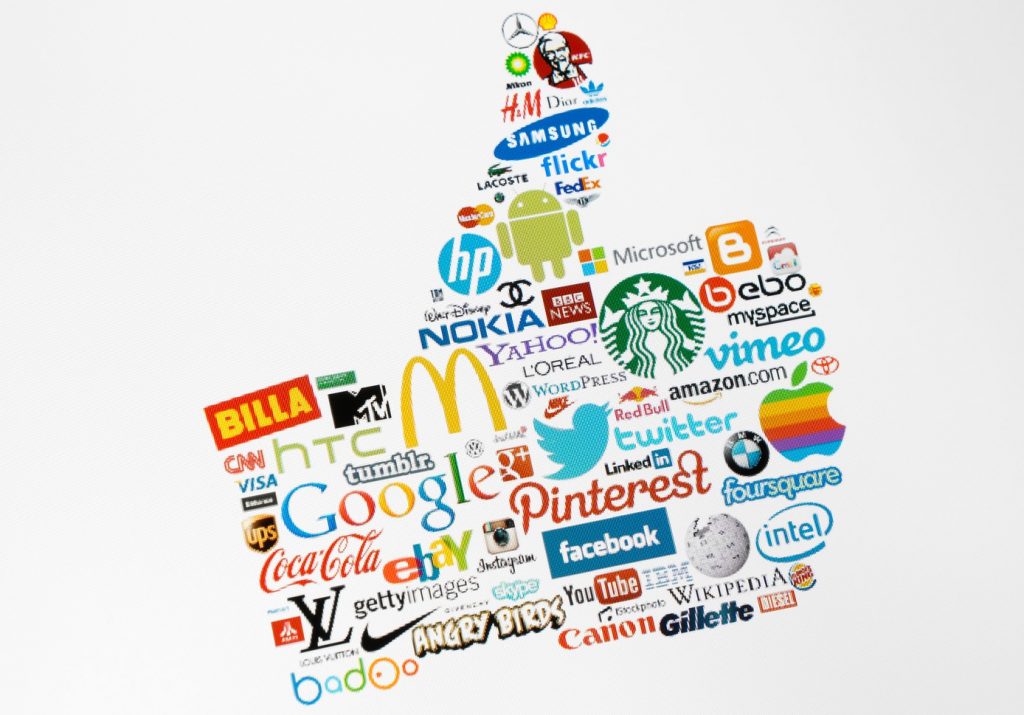Software used for social media archiving links to networks like Facebook, Twitter, and other sites to collect the content on your websites and preserve it. The service makes it easy to address requests for records.
With the number of business activities online, networks have played a key role in how organizations and consumers interact. It is also critical for retaining a competitive edge in sectors such as financial services, where the introduction of emerging digital channels can be fraught with compliance challenges.
This growth in social media use means that multiple industries would need to collect and store data from organizations for future references. This could be to comply with an obligation to ensure branded or historic files’ completeness, including all consumer notification documents as legally acceptable evidence at court.
This can be a challenge because it is very different from archiving other web material, such as site pages and emails, from maintaining reliable and complete contact records.
For one thing, organizational data on a third-party platform can be deleted or changed by an individual or the platform owner at any time. Likewise, it is not possible to guarantee compliance with mandatory data retention periods.
Moreover, the content resides in dynamic and interactive formats that spread on various channels, making it difficult to retrieve information unless you incorporate specialty tools.
You can easily build secure, timely, and legally permissible its records through a third-party archiving solution such as archive social. But some problems still have to be overcome. If you’re looking for social media archiving solutions, click here.

Where Can Archive Social Be Applied?
Public Sector
Public sector agencies such as national and local governments, national libraries, and academic institutions use social media extensively. Besides, most government municipalities have public Twitter accounts; 90% are on Facebook and more than 68% post YouTube content.
For that reason, there is an increasing need for these data to be maintained in the long term, be it for historical or public purposes.
Worldwide, many governments already have digital archiving programs. However, their attention has been on websites’ content – not the rich collection of cultural and historical data contained in everyday social media.
Therefore, archivists in the public sector must evolve the archival framework to retain documents for future generations and other website material and conventional media.

Financial Services
Modern financial service businesses are veteran users in sales, marketing, and customer support, from banks to investment funds. However, the pressure of compliance is increasing.
For example, it has been compulsory for businesses to document all electronic communications with customers from the beginning of 2018, as one of the MiFID II guidelines.
This means messages now need to be registered, maintained, and made available to auditors in an unaltered format, much like phone calls and other customer communications.
These files need to be:
- Comprehensive – all the platforms used, with all the messages recorded for the correct time, should be completely available.
- Quality – Archives of its messages should be verified as closely as possible to its ‘initial’ form.
- Reliable – companies should have total confidence that their documents contain accurate information about the messages.

Brands
Retail, hospitality, and rapidly changing consumer products brands today use them to create marketing content at a pace and production level without precedent. Customers willing to pay more for their goods will receive a brand response on Twitter.
Having a long-term record of this operation gives brands a rich insight into customer interaction, new prospects for growth, and marketing returns. These can help inform the future direction of your brand.
The software should also ensure that all communications in this main customer service channel are legally available with the date and time. Thus, they can settle disputes with minimum disruption to their brand and save costs for their company.

Why Do I Need Social Media Archiving?
Social media has become prevalent across different cultures. Millions of people are communicating via it. It has replaced the conventional means of communications such as postal services and emails.
And although it has previously been restricted to personal and private correspondence, it has now infiltrated the workplace. More than 1 billion people communicate sensitive business and organizational issues through personal accounts such as Facebook and Twitter. These communications are subject to the law.
The failure to provide content in a court may have negative impacts on companies.
By using social media more often, organizations must be prepared for the threats related to its use. Organizations now must archive its messages to mitigate those threats, ensure fair usage and protect themselves from future lawsuits.
-
There is an increase in social media use in the workplace
Today, the average employee uses social media for about 3 hours a day during working hours. This translates to months of work every year. With the move from email to media, businesses need to archive social media messages and their usual protocols to archive emails.

-
To address Inappropriate use of social media
Studies suggest that most businesses don’t archive social media material, and 13% of organizations terminated a social media employee for something they shared on a network platform. Therefore, you need to archive the content for reference and withhold work ethics.
-
To avoid leakage of organization’s data
Organizations possess confidential and sensitive data which is likely to leak through platforms. Any of these leakage or data losses would damage the organization’s credibility and possibly lead to prosecution and loss.

-
Compliance with regulations
Despite the laws, court rulings, and other guidelines that suggest that this material should be archived, some organizations still ignore the emphasis on the need to archive content. This way they risk fines and license denial.
Archiving social media is the new norm to address the influx of its usage in businesses today. The service ensures that your data is safe and can be retrieved at any time. Besides, you need the data for projections about your communication strategy and engagement.





![Calgary’s Hottest Neighborhoods for Luxury Homebuyers [2024]](https://thewashingtonote.com/wp-content/uploads/2024/04/Calgary-324x160.png)



